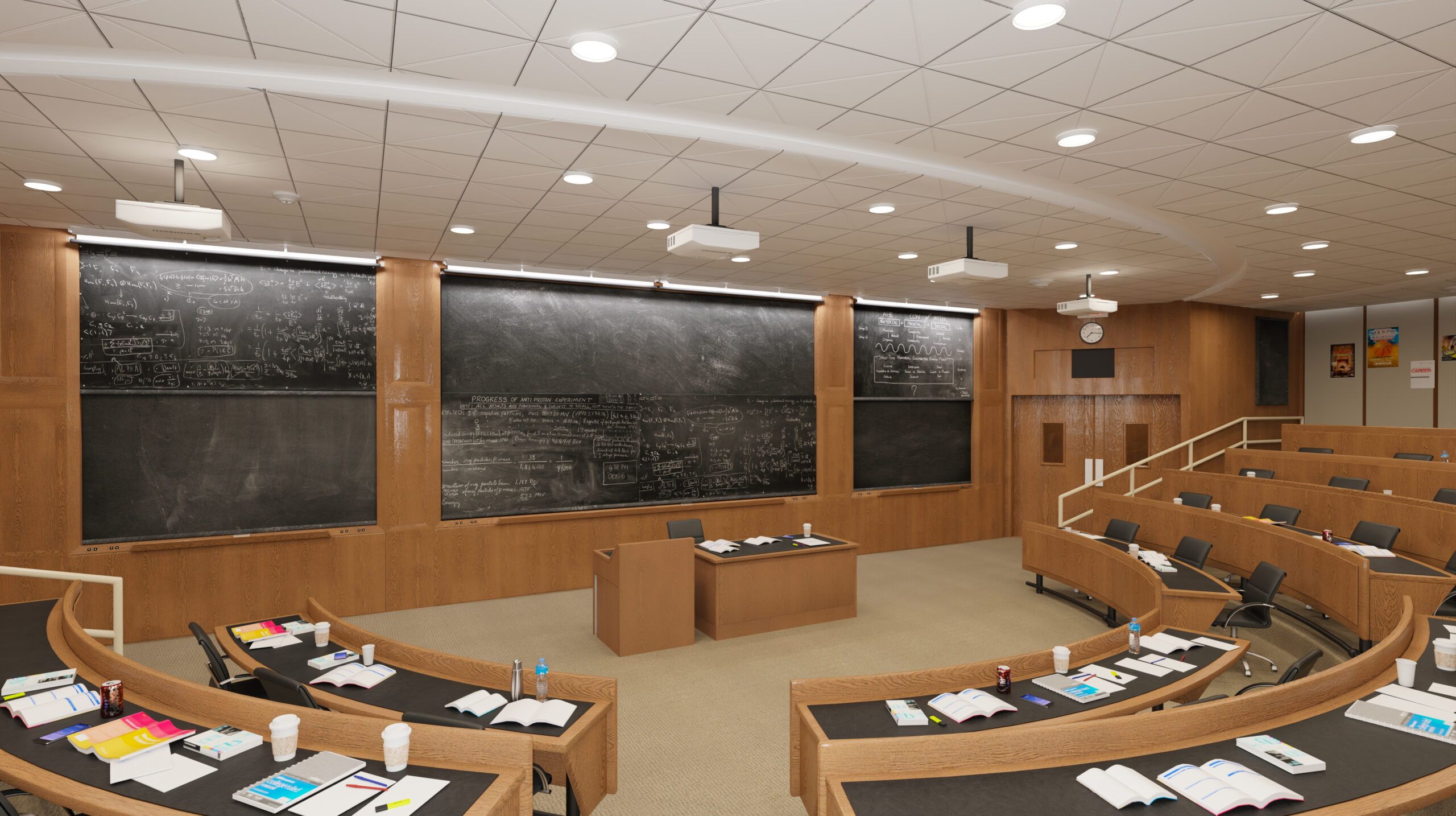

(The Center Square) – The University of California Berkeley is expanding its antisemitism education in the 2024-25 school year as well as banning encampments and prohibiting masking to conceal one’s identity.
Former Chancellor Carol Christ announced “new campus programs to provide antisemitism education to larger numbers of students, staff, and faculty,” in a letter to the Chancellor’s Advisory Committee on Jewish Student Life and Campus Climate.
“The ensuing rise in reports of antisemitic expression, including on our own campus, is deeply disturbing,” Christ wrote.
The Center Square reached out to Christ for comment twice and received no response.
The major components of Berkeley’s antisemitism education expansion will take place in “three main areas,” program director of Berkeley’s Antisemitism Education Initiative Gregg Drinkwater told The Center Square in a phone interview.
Berkeley has run the Antisemitism Education Initiative since 2019 in an effort “to promote antisemitism awareness and education,” according to AEI’s webpage.
Of the three main areas Drinkwater spoke of, one is focused on incoming students, one on RAs, and one on registered student organizations.
Incoming students received expanded antisemitism education at Berkeley’s Golden Bear Orientation. RAs receive a “more intensive orientation process” for their education, while registered student organizations’ signatories “do a series of online trainings” that includes education on antisemitism and Islamophobia.
“There are other places where we’re going to see antisemitism training on campus,” Drinkwater said, while stating that the three areas he mentioned are the biggest implementations.
In addition to antisemitism education, Berkeley’s policies are changing along with the whole UC system’s after a call for it from the UC President Michael Drake.
UC as a whole will be “clarifying and reinforcing requirements for policies impacting expressive activities, including policies that prohibit camping or encampments, unauthorized structures, restrictions on free movement, masking to conceal identity, and refusing to reveal one’s identity when asked to do so by University personnel,” Drake said in a news release.
The Center Square reached out to Drake to ask how UC Berkeley will move forward in creating a safe and inclusive climate and was directed to Berkeley’s media relations by Stett Holbrook of UC Strategic Communications.
The updates to UC’s policies are an effort to “ensure a safe, inclusive campus climate that fosters a free exchange of ideas,” according to Drake.
Last school year, Jews at Berkeley were subject to antisemitic behavior ranging from disrupting a private party to an “attack on the building” that housed a guest lecture.
“We can fully enjoy the benefits of our community, that that community provides if we can debate and disagree without descending into identity-based condemnation,” Berkeley Chancellor Rich Lyons said in a news release. “Without violence, harassment, or discrimination, without infringing on the rights of others, I trust you will join me in support of our values and principles.”
CLICK HERE TO READ MORE FROM THE WASHINGTON EXAMINER
Berkeley is also launching a number of other programs in the effort to “address the campus culture” Assistant Vice Chancellor of Executive Communications Dan Mogulof told The Center Square.
Some of these programs aim to “foster constructive dialogue and understanding across lines of difference,” and cultivate “meaningful conversations about and across the political and ideological divides related to Palestine and Israel,” according to Mogulof.






